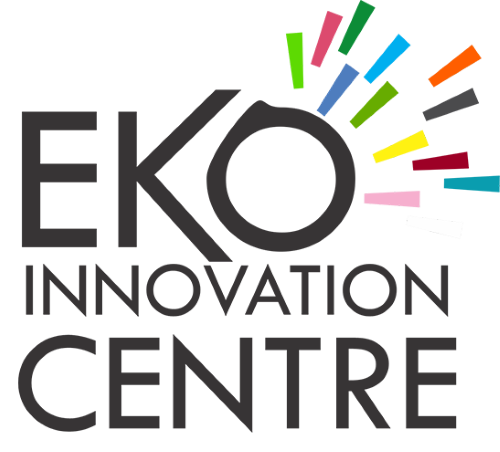For many tech startups, the early focus rests on product development and customer acquisition. Yet long-term success requires more than rapid growth. A sustainability health check ensures that business models, operations, and strategies are built for endurance. Without this assessment, growth can stall, investors may lose confidence, and opportunities might be missed.
Defining Sustainability Beyond the Buzzword
Sustainability is often linked only to environmental practices. However, in the context of startups, it extends far beyond that. Financial resilience, operational efficiency, and scalable growth all form part of the picture. Therefore, a sustainability health check evaluates not only impact on the environment but also the ability of a business to thrive under pressure.
Key Areas to Assess in a Health Check
1. Financial Stability
A sustainable startup cannot rely solely on short-term funding rounds. Cash flow management, revenue diversification, and profitability projections must be reviewed. When financial stability is measured, startups gain insight into their ability to survive downturns.
2. Operational Efficiency
Processes that depend heavily on manual effort or outdated tools create bottlenecks. Streamlined operations reduce waste and increase agility. As a result, teams can innovate faster while maintaining stability.
3. Customer and Market Fit
Sustainability relies on products that solve genuine problems. A health check should include customer feedback, retention data, and market adaptability. With these insights, startups can adjust strategies before problems grow.
4. Talent and Culture
Employee well-being, skill development, and culture play a critical role. Burnout and high turnover can undermine growth. However, when culture is strong, innovation is naturally sustained.
5. Environmental and Social Impact
Investors and customers increasingly value responsibility. Energy-efficient operations, ethical supply chains, and inclusive practices contribute to credibility. Consequently, startups that embed these values gain long-term trust.
Common Warning Signs of Unsustainable Growth
Certain signals should not be ignored. Over-reliance on one customer segment, high burn rates without clear profitability paths, or rapid scaling without operational readiness are red flags. Furthermore, ignoring compliance or regulatory requirements creates risks that can stall progress. Identifying these signs early allows corrective measures to be taken before damage occurs.
How to Conduct a Sustainability Health Check
The process does not need to be complicated. Startups can use a structured framework that reviews finances, operations, people, and impact. Regular assessments, ideally every quarter, help track progress. Moreover, external advisors or mentors can provide objective perspectives that internal teams might overlook.
Conclusion: Building Endurance into Innovation
Growth is important, but resilience defines long-term success. A sustainability health check allows startups to evaluate weaknesses, strengthen foundations, and prepare for future opportunities. By addressing financial, operational, cultural, and impact-driven factors, startups build confidence and attract support from investors, partners, and customers.
At Eko Innovation Centre (EIC), we actively support startups in conducting sustainability health checks. Our programs, mentorship, and strategic resources help founders align growth with resilience. By doing so, we empower startups to innovate boldly while staying sustainable.
